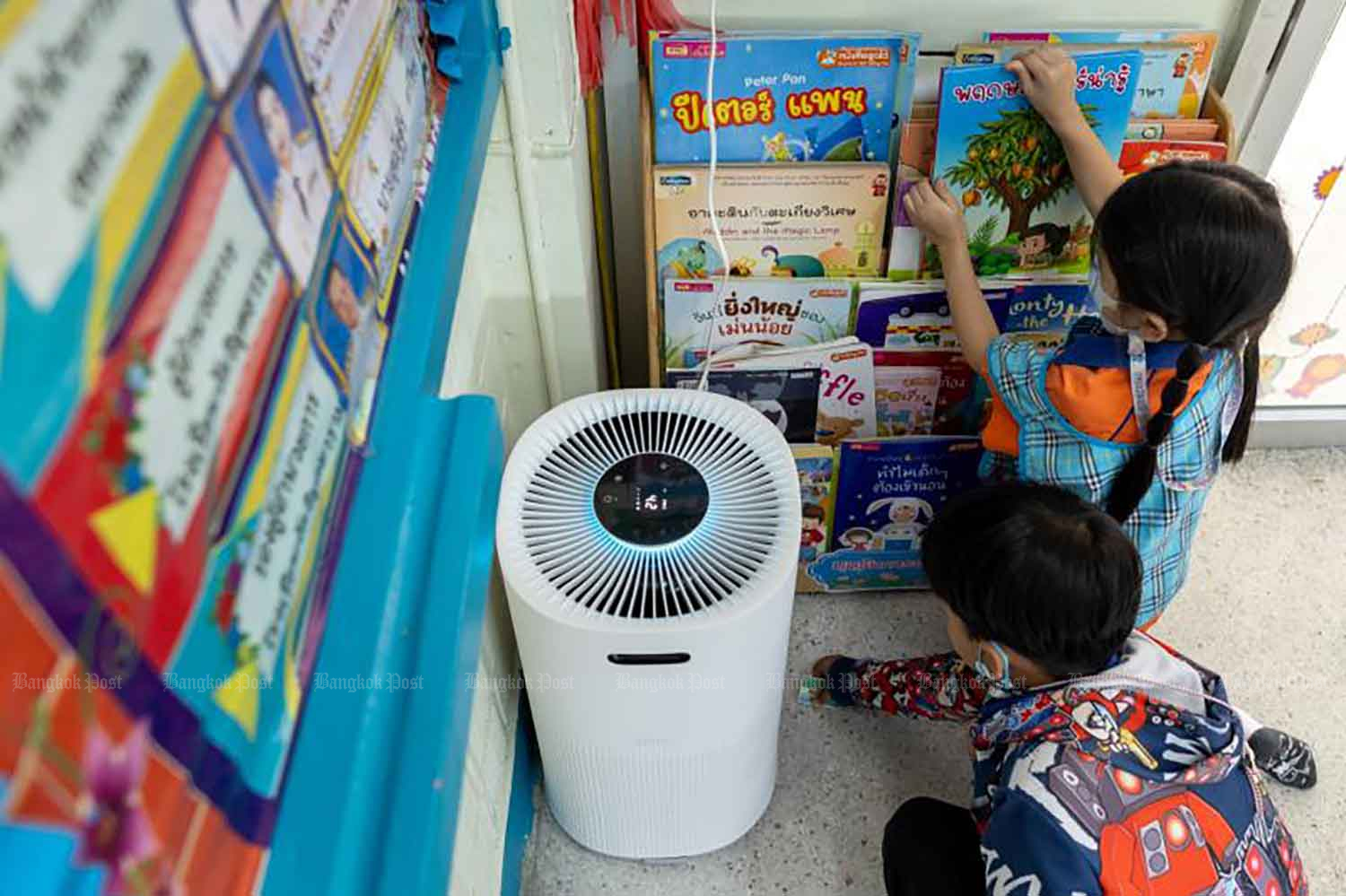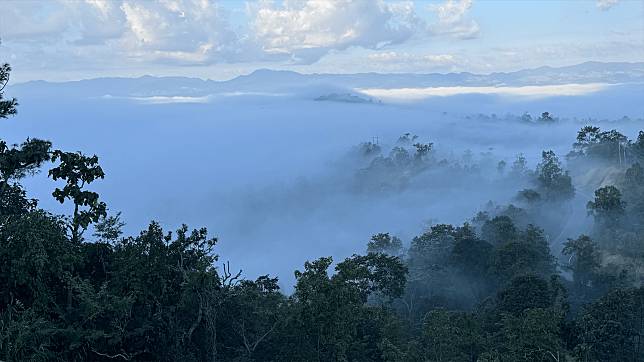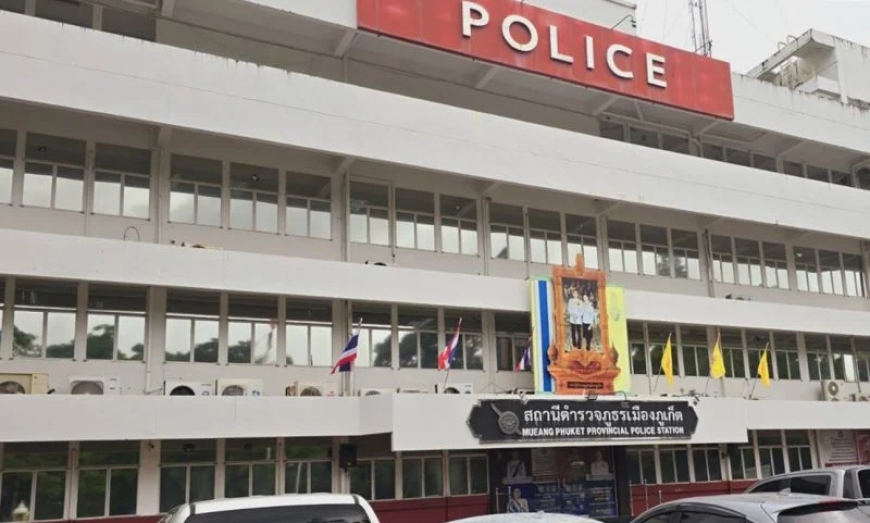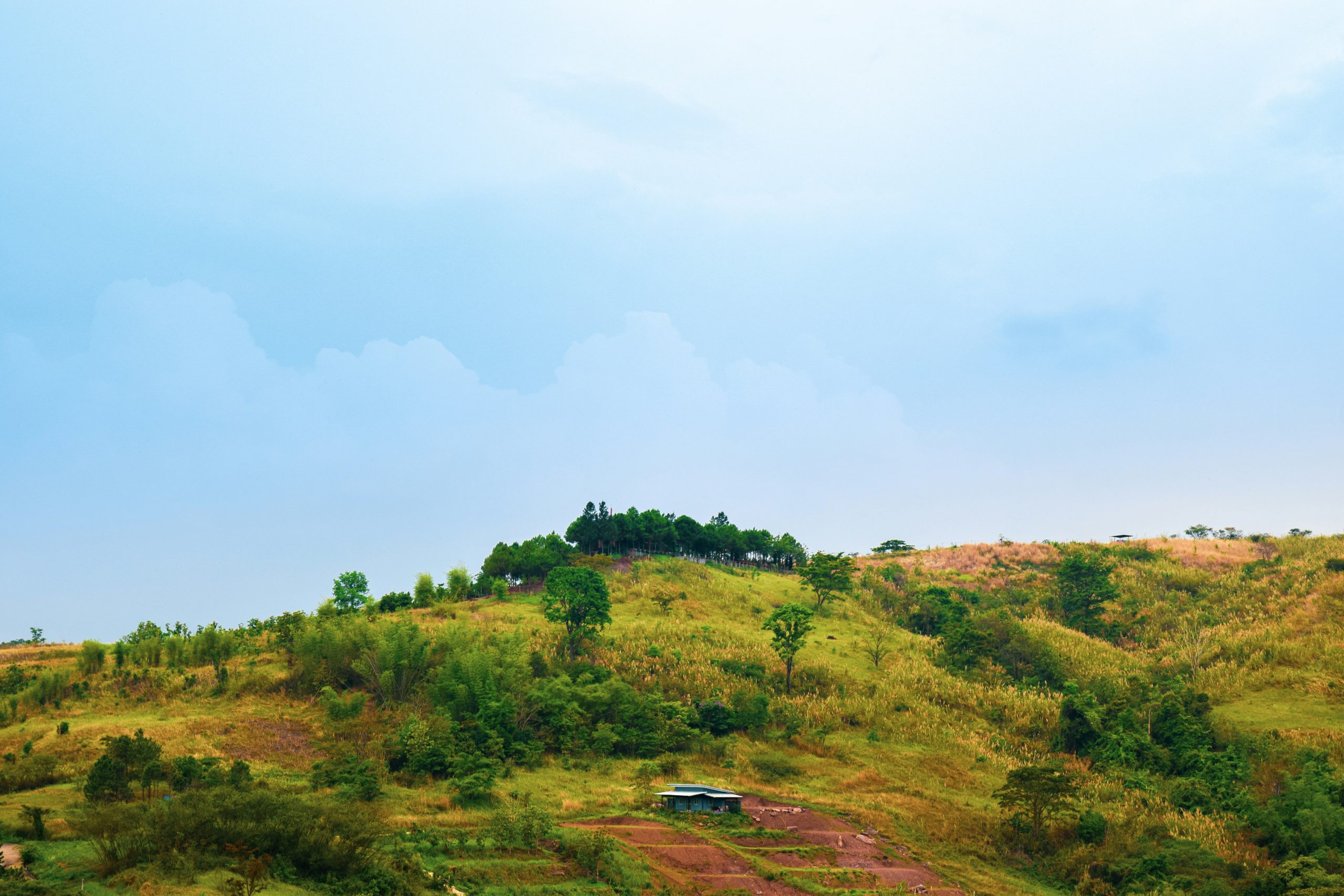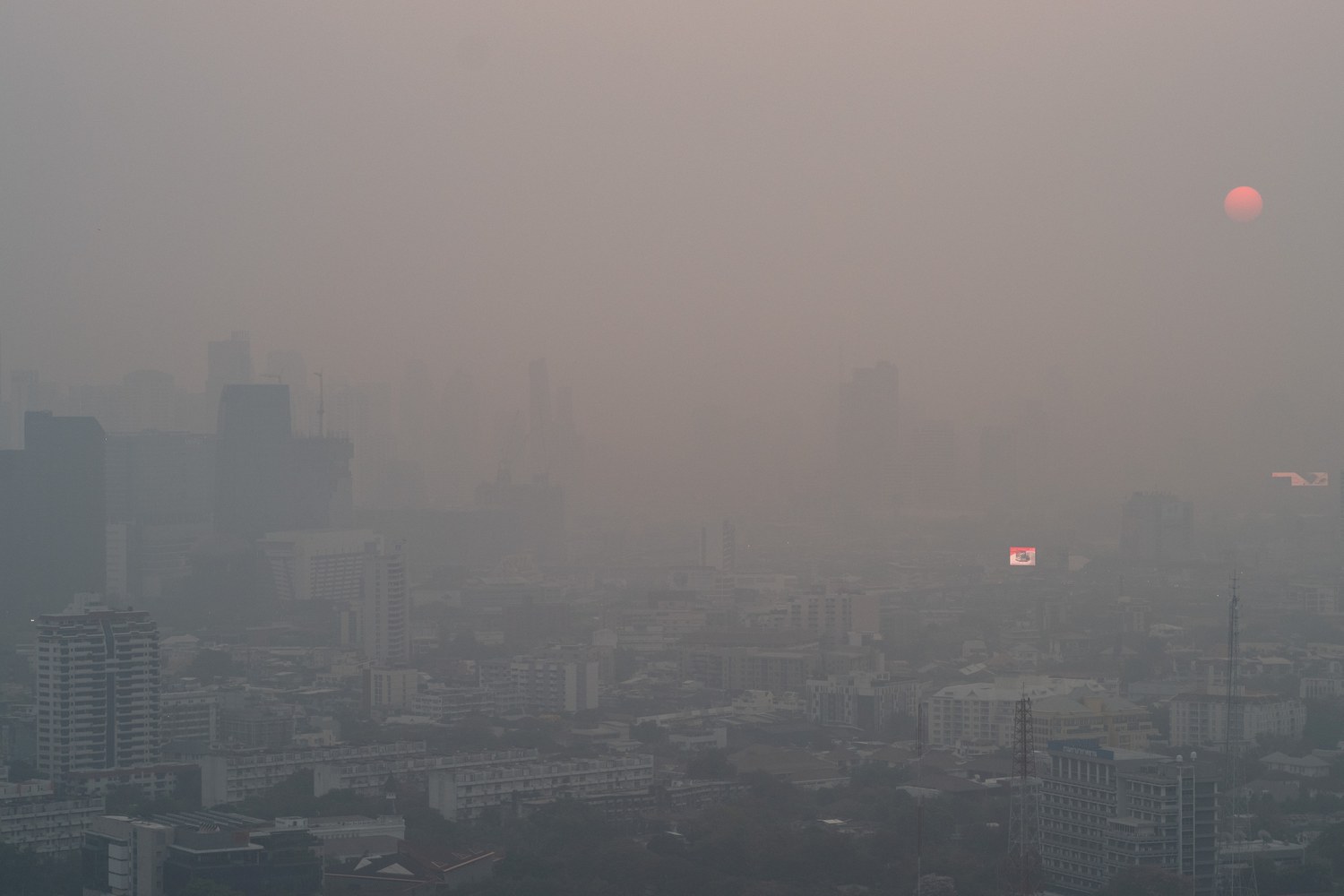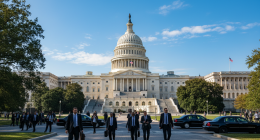The Bangkok Metropolitan Administration (BMA) has committed to upgrading more classrooms to dust-free environments by the end of 2025. This initiative aims to protect students from harmful PM2.5 pollution and improve overall air quality in schools.
Expanding Dust-Free Classrooms
Current Progress and Future Goals
Out of 1,966 classrooms in 437 BMA-run schools, 744 have already been earmarked for upgrades to dust-free status. The remaining classrooms are scheduled to be transformed by the end of the year, ensuring comprehensive coverage across the city’s educational institutions.
Comprehensive Approach to Air Quality
Equipment and Monitoring
Every BMA-run school will be equipped with air conditioners and air purifiers to combat PM2.5 pollution. Additionally, the BMA is working to install air quality monitoring devices in every center this year, allowing for real-time tracking of air quality levels.
Health Department Recommendations
Best Practices for Dust Control
The Department of Health has issued guidelines for schools to maintain clean air environments. These include daily cleaning with damp cloths, sealing windows and doors, and implementing proper ventilation systems. These measures aim to minimize airborne particles and create a healthier learning environment.
Addressing Air Quality Challenges
Current Air Quality Situation
Bangkok continues to face air quality issues, with PM2.5 levels exceeding safe limits in numerous areas. The most affected districts include Bung Kum, Nong Chok, and Lat Krabang, highlighting the urgent need for these classroom upgrades.
Impact on Education
Protecting Students and Ensuring Continuity
The dust-free classroom initiative is crucial for protecting students’ health and preventing class suspensions due to poor air quality. This proactive approach ensures that education can continue uninterrupted, even during periods of high pollution.
Expanding the Initiative
Nationwide Implementation
Currently, over 2,000 schools and childcare centers across Thailand have established dust-free rooms. This widespread adoption demonstrates the growing recognition of the importance of clean air in educational settings.
By implementing these measures, Bangkok is taking significant steps towards creating a healthier, more conducive learning environment for its students, setting an example for other cities facing similar air quality challenges.
